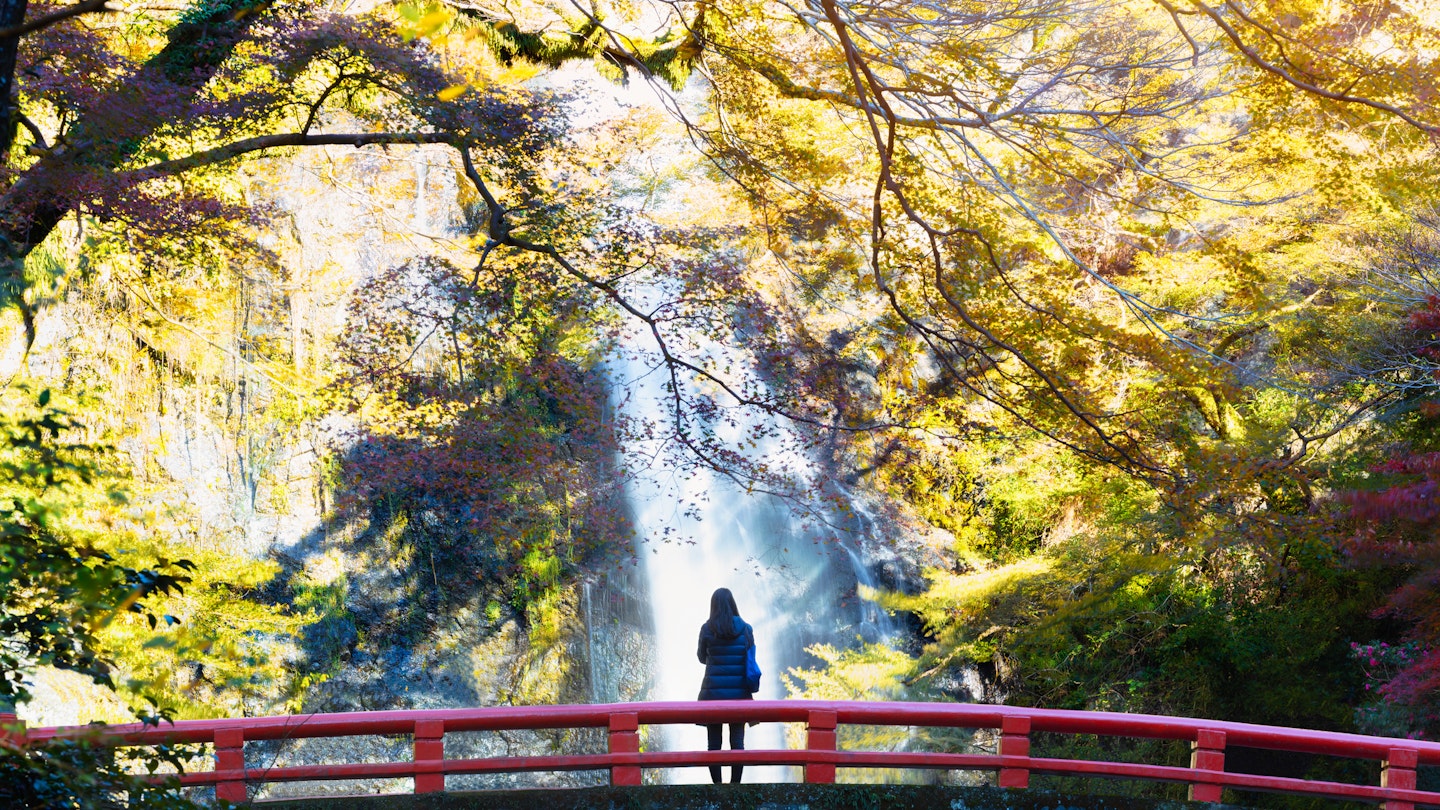Top Travel Tips for Visiting Japan
Japan has a reputation as a destination with strict etiquette, which can be intimidating for first-time visitors. However, the truth is that the traditions here are as flexible as in many other countries. Moreover, most locals are accommodating and often overlook minor cultural missteps made by foreign travelers.
As with any travel experience, managing your expectations is essential. Put your mind at ease with our top tips for smooth traveling in Japan.
1. Arrange Accommodation in Advance
While you can find basic accommodations without prior booking, the best hotels can fill up weeks or even months ahead. Therefore, it’s advisable to plan ahead, especially during busy travel periods such as:
- The first week of January
- Cherry blossom season (late March to April)
- Golden Week (April 29 to May 5)
- August
Additionally, smaller inns or ryokan often require specific check-in times, so coordinate your arrival accordingly.
2. Pack Light for Your Visit
Hotels in Japan are often compact, making large luggage difficult to manage. Consequently, it’s best to pack light, especially when utilizing public transport. Note that while religious sites don’t enforce strict dress codes, high-end establishments may have restrictions against sleeveless shirts and sandals.
3. Purchase a Data-Heavy SIM Card at the Airport
Finding your bearings in Japan can be tricky due to its complex addressing system. Therefore, having a smartphone with a navigation app is extremely helpful. It is advisable to buy a data-heavy SIM card at the airport upon arrival to stay connected.
4. Choose Easily Removable Footwear
Comfortable shoes are necessary, as you will often need to remove them at various locations such as religious sites and traditional inns. Shoes that are easy to slip on and off will enhance your experience.
5. Familiarize Yourself with Bidet Toilets
Japan’s advanced bidet toilets, known as “washlets,” offer electronic wash and dry functions. The icons on the buttons are intuitive, making it easy to use without a language barrier. Additionally, be prepared for other unique toilet customs, including sound machines and the absence of towels.
6. Be Prepared for Variability in Weather
Japan experiences humid summers and frequent rain during the rainy season, which begins in late June. Carrying a folding umbrella can be beneficial for protection against both sun and sudden rain. Winters can be particularly cold, especially in regions like Tōhoku and Hokkaidō, which experience heavy snowfall.
7. Carry Cash for Smaller Businesses
In rural Japan and many smaller restaurants, credit cards may not be accepted. Therefore, it’s wise to carry cash, especially when visiting country ryokan and local shops. When paying, place your cash or card in the designated tray at the register instead of handing it directly to the cashier.
8. Understand Tipping Etiquette
While some tour guides expect a tip, Japan generally adheres to a no-tipping policy. Attempting to tip can cause confusion or embarrassment. Instead, many establishments may include a modest service fee in the bill.
9. Learn the Queueing Culture in Japan
Queueing is an integral part of Japanese etiquette. It’s common to find people forming neat lines at train platforms and checkout counters. After the train doors open, however, it’s every person for themselves in securing a seat.
10. Know Which Side of the Escalator to Stand On
When using escalators, stand to the left in Kanto (east) regions and to the right in Kansai (west) regions. Adhering to this custom ensures smooth flow and courtesy among commuters.
11. Be Aware of Last Train Timings
Most city subways operate until 1 am. If you miss the last train, taxis are available but can be costly.
12. Avoid the Tokyo Morning Commute
Tokyo’s morning rush hour can be overwhelming, with crowded trains filled to capacity. It’s advisable to plan your travel accordingly to avoid the busiest hours.
13. Public Eating Etiquette
Eating openly in public is generally frowned upon in Japan, with exceptions for the shinkansen (bullet train) and during celebrations or festivals. It is acceptable to drink from a resealable container while walking.
14. Be Prepared for Natural Disasters
Japan is prone to earthquakes. If one occurs, remain calm and follow the behaviour of locals—finding shelter under furniture or in doorways is a common response. Tsunamis are less frequent but more dangerous, so be attentive to any warnings.
15. Learn Basic Japanese Phrases
While English is spoken in urban areas, knowing a few Japanese phrases can enhance your interactions:
- omori (large portion)
- okawari (refill)
- mochikaeri (takeaway)
- tennai de (eat-in)
- onegai shimasu (please)
- sumimasen (excuse me)
- arigato gozaimasu (thank you)
- toire (toilet)
These tips can provide a comprehensive guide for making the most of your journey in Japan. Enjoy the unique culture, delicious food, and beautiful landscapes that this incredible country has to offer!




